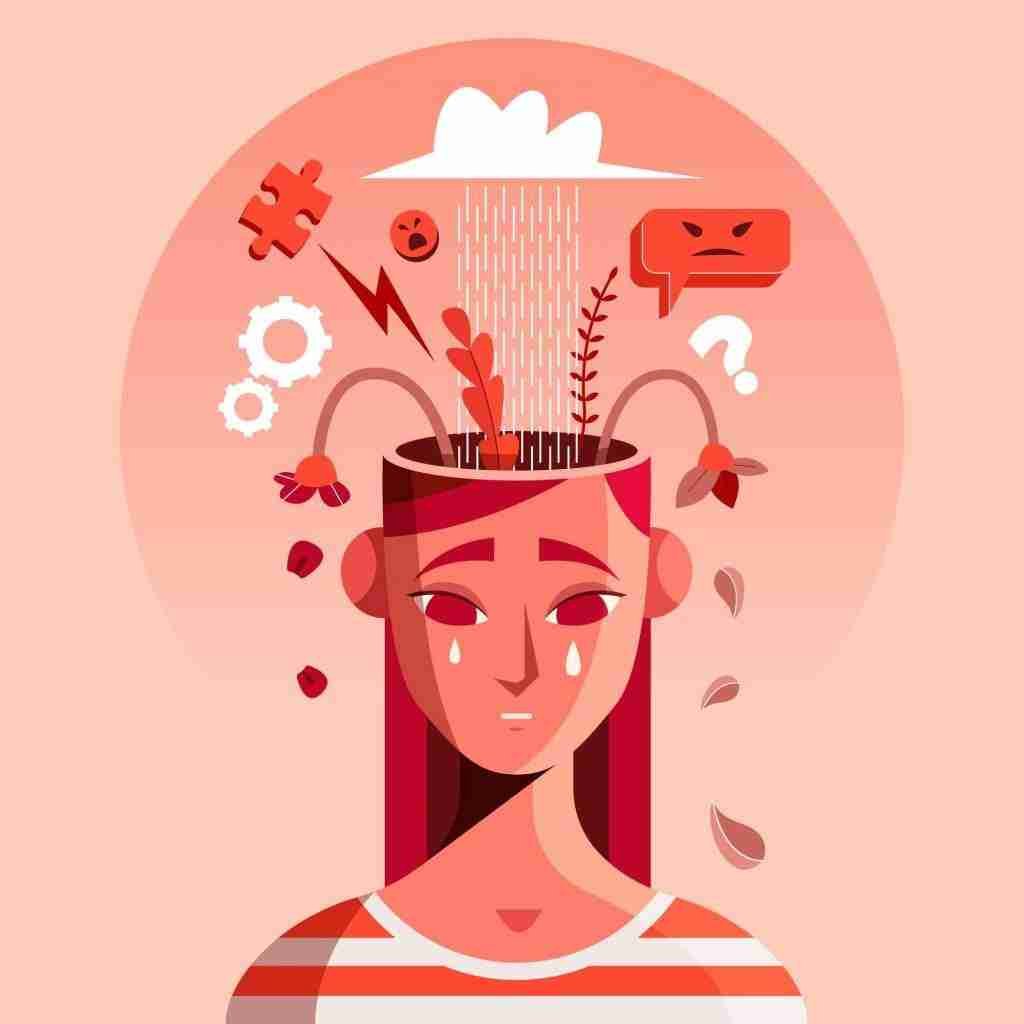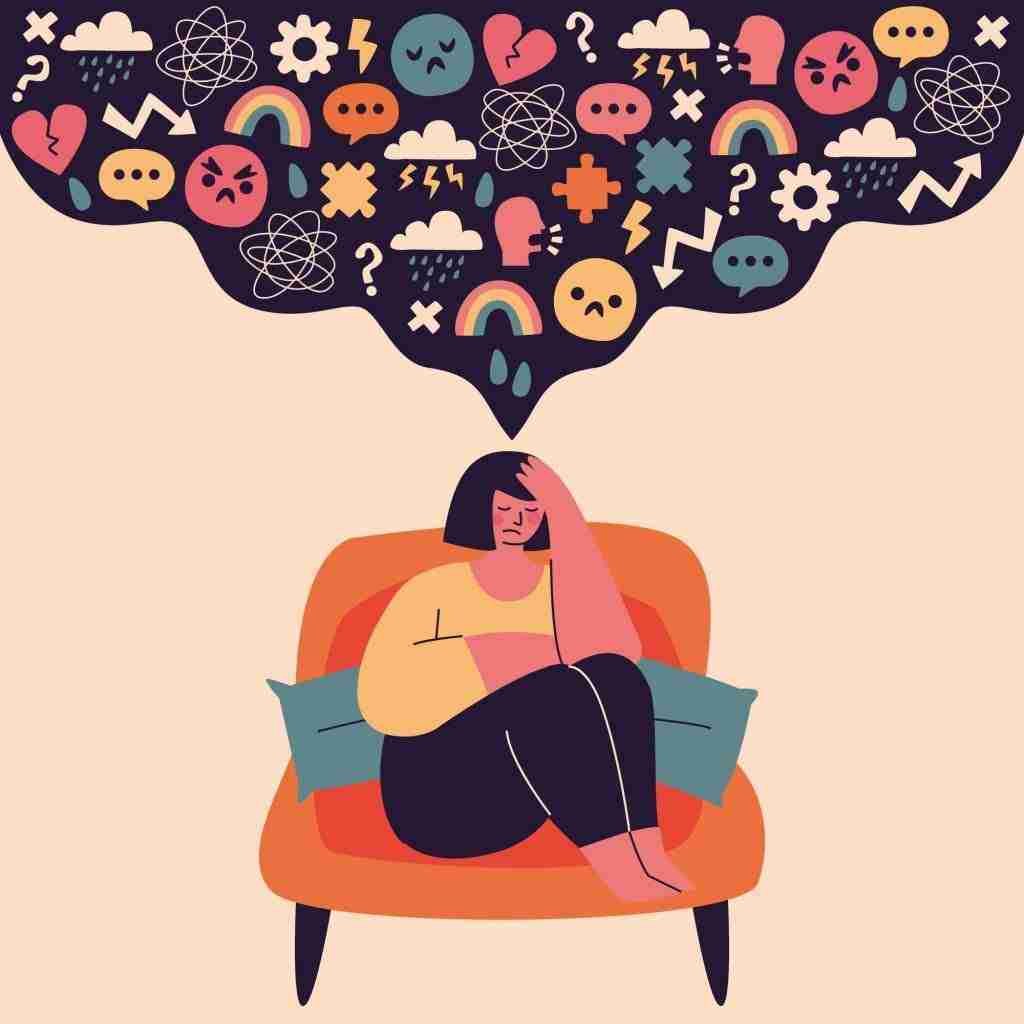What is childhood trauma?
We all have been kids and we all have been raised by adults. Very few adults who walk on this Earth are trauma-free and have a good understanding of what is happening in the child’s mind. The rest of the adults, when raising kids, unconsciously pass on their limiting beliefs, or even worse, create more trauma. I do not believe that the majority of the parents and carers really intend to pass on or create trauma in the kids, they are raising. However, in reality, it creates trauma, in one way or another.
Why do children become traumatised?
Why do kids find some experiences so traumatic? The reason is the kids do not have the emotional maturity to discern if something is their fault or not and/or their responsibility or not. Children have not acquired the understanding that they need to be able to survive and thrive in the world. Everything that happens to them, they do take it personally.
Just imagine yourself as a 5-year-old and your carer is disciplining you. How big is this carer in the child’s mind? How scary is the carer? And the child learns that they should fear authority. So the child learns that it is much better to comply with the requests than to get attacked by this big scary person.
Sometimes, the adults, in their attempt to discipline and teach the kids about life and society, use conditional love. With regard to that, the child learns that some behaviours a rewarded and others are punished. As a result, the child learns that their own feelings do not matter. And the only feelings that are important, are the feelings of others. Consequently, the child starts to lose connection with their own feelings and emotions. The role the child learns to play becomes a habit and there is nothing authentic.

Another big mistake, in my opinion, is when adults blame or scold the child, for hurting their feelings and emotions. The child internalises that it is his or her responsibility to make sure that the parent feels good within themselves.
However, the worst-case scenario is, when the parent or carer, carries so much guilt, anger and resentment, and is an addict. As a result, the child suffers severe physical and emotional neglect.
In all of these cases, there are two outcomes as the child grows up
- The child becomes people please, in futile hope, that someone else will fill the void deep inside, or
- The child grows up, being extremely defensive. And this defensiveness is expressed as aggressive and/or rebellious behaviour
Four types of childhood trauma
Rejection trauma
- Easily make negative assumptions about what others are thinking
- Wary about letting people in
- People pleaser
- Having a hard time trusting people with your feelings
Abandonment trauma
- Fear of being left behind or abandoned
- Inability to form healthy relationships in the teenage and adult years
- Low self-esteem and feelings of self-worth
- Anxiety and insecurity
- Depression

Injustice trauma
- Chronic chest or back pain
- Feeling fatigued or drained
- Unpredictable and irrational emotions
- Disorientation and short attention span
- Isolating or cutting oneself from resources
Betrayal trauma
- Trouble recognising, expressing or managing emotions
- Anxiety, depression and other mental health symptoms
- Nightmares
- Physical pain or stomach distress
- Panic attacks
The good news is that any of these traumas can be healed and you can start rebuilding yourself and your life. You will be doing the internal work yourself and I will guide you and give you the tools you need to overcome the trauma.
If you can recognize yourself in these descriptions and you want to heal your trauma, book your session with me




